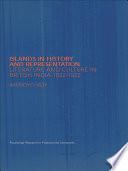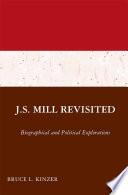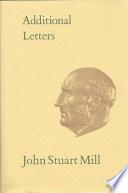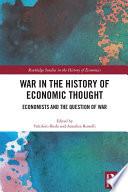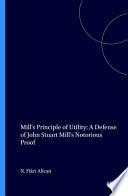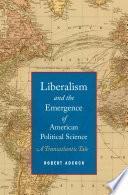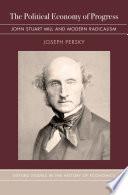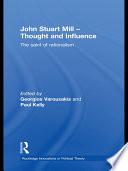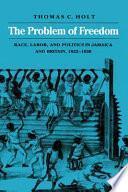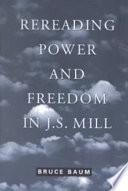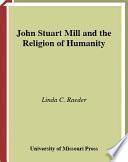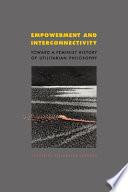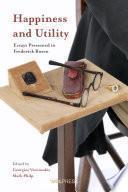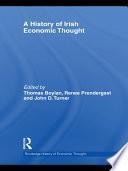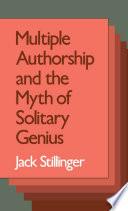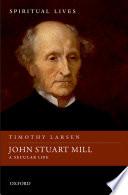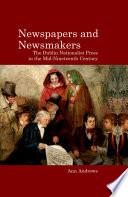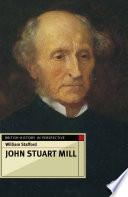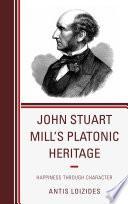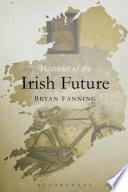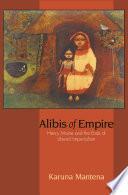
Alibis of Empire
Author: Karuna Mantena
Number of pages: 280Alibis of Empire presents a novel account of the origins, substance, and afterlife of late imperial ideology. Karuna Mantena challenges the idea that Victorian empire was primarily legitimated by liberal notions of progress and civilization. In fact, as the British Empire gained its farthest reach, its ideology was being dramatically transformed by a self-conscious rejection of the liberal model. The collapse of liberal imperialism enabled a new culturalism that stressed the dangers and difficulties of trying to "civilize" native peoples. And, hand in hand with this shift in thinking was a shift in practice toward models of indirect rule. As Mantena shows, the work of Victorian legal scholar Henry Maine was at the center of these momentous changes. Alibis of Empire examines how Maine's sociotheoretic model of "traditional" society laid the groundwork for the culturalist logic of late empire. In charting the movement from liberal idealism, through culturalist explanation, to retroactive alibi within nineteenth-century British imperial ideology, Alibis of Empire unearths a striking and pervasive dynamic of modern empire.
